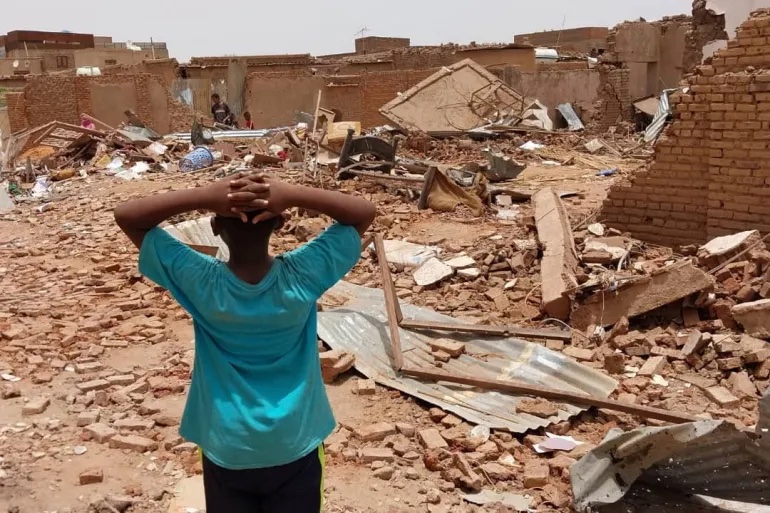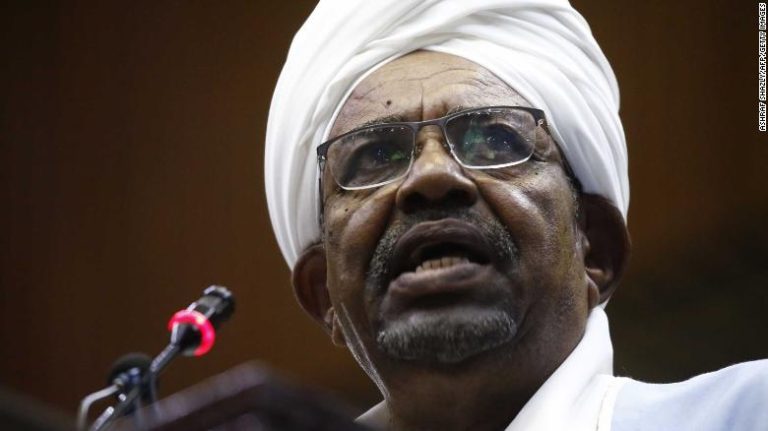
Sudan’s healthcare system is on the brink of collapse as a result of the current internal military and political conflict between two rival factions, the Sudanese Armed Forces (SAF) and the parliamentary Rapid Support Forces (RSF). Civil wars impact everything, including healthcare systems; however, the impending fall of Sudan’s healthcare system is a result of the long-lasting impact British colonial rule had on the country.
There seems to be a common trend among government systems in post-colonial nations: colonizing nations leave behind unstable governments that tend to be replaced by autocracies. Countries like Libya and Sudan have certainly exhibited this trend toward autocracy.
Sudan was ruled by the Anglo-Egyptian Condominium, a dual colonial government controlled by Britain and Egypt from 1899 until 1956. In 1956, Britain granted Sudan independence after years of indirect rule as a result of a military uprising in Egypt. While under indirect rule, Britain granted power to elite members of society, including tribal leaders and wealthy families.
However, these figures were installed in positions of power to act as puppets for the British empire, who pulled their strings to enact their own desired policies. Through the creation of these local rulers, Britain also intended for each group to be too busy conflicting with each other instead of conflicting with them. Sudan was left with a dysfunctional structure of government and hostility between the North and South, which can be seen through Sudan’s civil war today. Ongoing conflict took a toll on Sudan’s current healthcare system. According to BioMed Central, areas burdened by war have only one-third of hospitals opened, indicating that the majority of hospitals in Sudan are no longer running. Not only are hospitals down, but doctors and surgeons have become a target of violence. Doctors have explained how they have had to be discreet when taking home-visits to patients, for if the militia groups caught them, they would be forced to treat those in the group who have been injured.
The current state of Sudan is not only experiencing a lack of medical resources to care for those wounded in war, but also electricity shortages that have been occurring more than often, creating national issues with hygiene, such as the sanitization of water. Ultimately, illnesses have been born from the government’s negligence over sanitization policies. Some examples of these illnesses include a cholera epidemic and rise of dengue fever cases. With the decline of medical services and an increase in the spread of deadly diseases, where do the Sudanese people turn to for help?
Left to fend for themselves, innocent civilians have been forced to face the brunt of the warring factions and the dictatorship of Omar al-Bashir in 1989 who filled the power vacuum left by colonial Britain.
According to the Global Conflict Tracker, following the dictatorship of Omar al-Bashir, outbreaks of internal conflict, including a “civil war, the secession of South Sudan, and the conflict in Darfur” occurred, indicating how tensions left by the British between the South and North continued into future government structures and Sudanese society. In modern-day Sudan, in April 2023, conflict commenced and is still ongoing between the rivaling SAF and RSF. Violence resulting from these two factions has engendered a severe humanitarian crisis. Sudanese citizens have had to flee, seeking safety in neighboring countries, such as Ethiopia, as the consequences of the rivalry has been consistently hacking at the country’s healthcare sector.
With a failing healthcare system, Sudanese civilians have had to rely on funding from families or relief groups. However, external funding is not consistent enough to keep hospitals running. As seen through history, Sudanese citizens’ wish for peace has yet to be achieved as a result of colonial Britain’s long-lasting footprint on the country’s government structure, which has ultimately led to the decline of the Sudanese healthcare system.



